Recycling is an idea that’s gained quite a bit of traction over the years. Reusing and converting what would otherwise be thrown away into useful material is more important than ever in an increasingly environmentally conscious world. So we recycle our plastics, glass, and metals at home. We buy environmentally sound products made from recycled material, like recycled paper notebooks, or recycled promotional eco-bags.
- Kamikatsu’s residents separate their waste into 34 different categories and deliver it to designated drop-off points.
- The town’s recycling efforts have led to an 80% recycling rate and officials aim to reach zero waste by 2020.
- Recycling offers significant benefits, such as conserving natural resources, reducing landfill waste, etc.
It’s pretty good stuff, but one small town in Japan has taken recycling to a whole new level. Rather than just separating trash into vague recyclable and non-recyclable categories, the 2000 odd residents of Kamikatsu in south western Japan have 34 different categories of recycling, leading to an incredible 80% recycling rate.
Towards “Zero Waste”
34 separate categories of recycling. 34! I can barely wrap my head around which types of plastic are recyclable or not, and yet the residents of Kamikatsu have to explicitly know the difference between 34 different types of trash, separate it themselves, clean them thoroughly of their original contents, and deliver them to the necessary drop off points. That’s right, rather than arrange the logistical nightmare of 34 different types of recycling bin, as well as pick up and delivery, the local government has decreed the citizens are to be responsible for delivering the recycling themselves. They also have to compost any and all food waste they have.
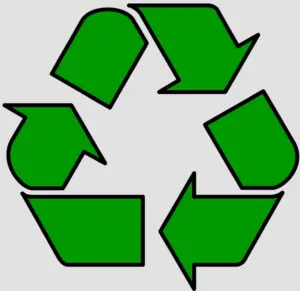
Amazingly, despite the complexity of it all, this seems to have won quite a few supporters in the town, who wholeheartedly support the recycling and waste management efforts and in turn, try to find ways of cutting down their waste in everyday life. Town officials are optimistic that 2020 will be the year that the town becomes zero waste.
The Benefits:
Recycling offers numerous environmental, economic, and social benefits that contribute to a more sustainable future. Some of the key advantages of recycling include:
-
Conserving natural resources: Recycling helps conserve finite natural resources such as water, timber, and minerals by reducing the need for raw materials in the production process.
-
Energy savings: Manufacturing products from recycled materials typically requires less energy compared to producing goods from virgin materials. This results in reduced energy consumption and lower greenhouse gas emissions.
-
Reducing landfill waste: Recycling diverts waste from landfills, helping to save valuable space, reduce pollution, and decrease the production of harmful greenhouse gases like methane.
-
Climate change mitigation: By conserving energy and reducing greenhouse gas emissions, recycling plays a role in mitigating climate change and its negative impacts on the environment and human health.
-
Economic benefits: Recycling creates jobs in the collection, processing, and manufacturing sectors, contributing to economic growth. Additionally, recycling can be cost-effective for communities by reducing waste disposal costs and extending the life of landfills.
-
Preserving ecosystems: By reducing the demand for raw materials, recycling helps preserve natural habitats and ecosystems that would otherwise be disrupted or destroyed through extraction processes like mining, logging, and drilling.
-
Promoting innovation: The need for sustainable solutions encourages businesses and researchers to develop new technologies, processes, and products that incorporate recycled materials, driving innovation in various industries.
-
Raising awareness: Recycling programs and initiatives help raise public awareness about the importance of resource conservation and the need for sustainable practices, fostering a culture of environmental responsibility.
Takeaway
The small town of Kamikatsu in Japan has implemented an ambitious recycling program with 34 separate categories, resulting in an impressive 80% recycling rate. This innovative approach showcases the potential for communities to achieve zero waste and highlights the numerous environmental, economic, and social benefits of recycling. Recycling offers significant benefits in terms of conserving natural resources, saving energy, reducing waste, mitigating climate change, promoting economic growth, preserving ecosystems, driving innovation, and raising environmental awareness. Embracing recycling or using eco-friendly promotional items in the society can lead to a more sustainable and eco-friendly future.
Originally seen on: https://mentalfloss.com/article/72464/thanks-intense-recycling-plan-japanese-town-nears-zero-waste
About the Author


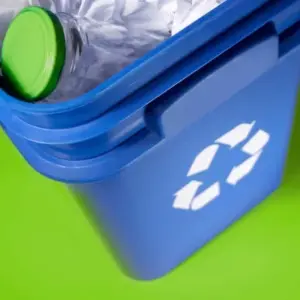




 Sale
Sale




 Corporate Uniforms
Corporate Uniforms Eco Apparel
Eco Apparel Hoodies & Sweaters
Hoodies & Sweaters Jackets
Jackets Kids' Clothes
Kids' Clothes Other Apparel
Other Apparel Polo Shirts
Polo Shirts Socks
Socks Shoes
Shoes Sports Bottoms
Sports Bottoms Sports Uniforms
Sports Uniforms Tee Shirts
Tee Shirts Workwear
Workwear

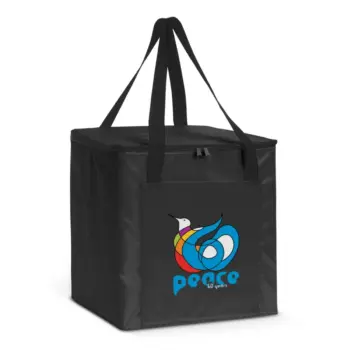
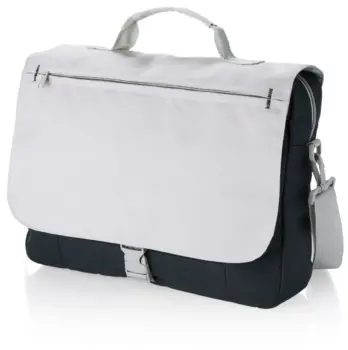
 Briefcases
Briefcases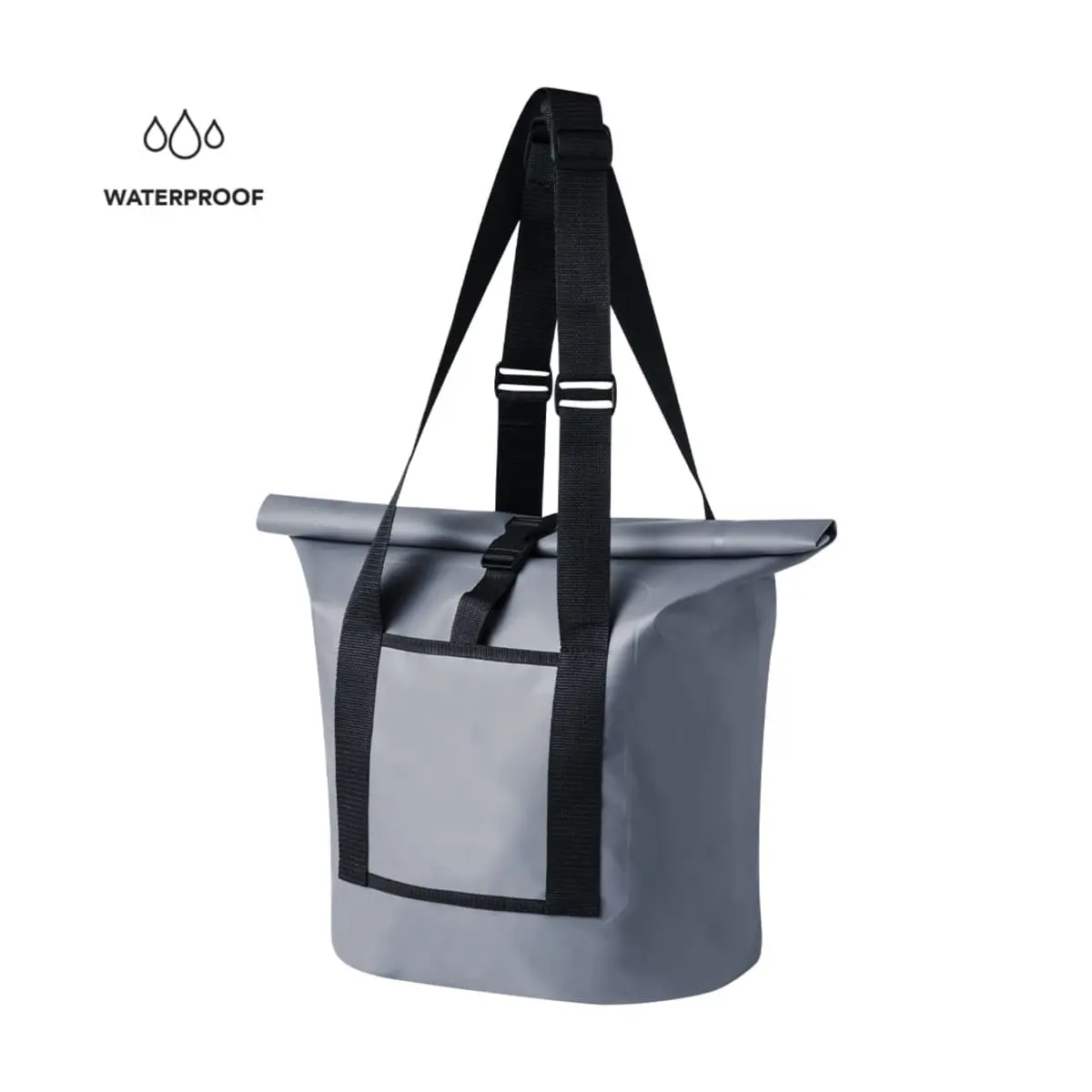 Dry Bags
Dry Bags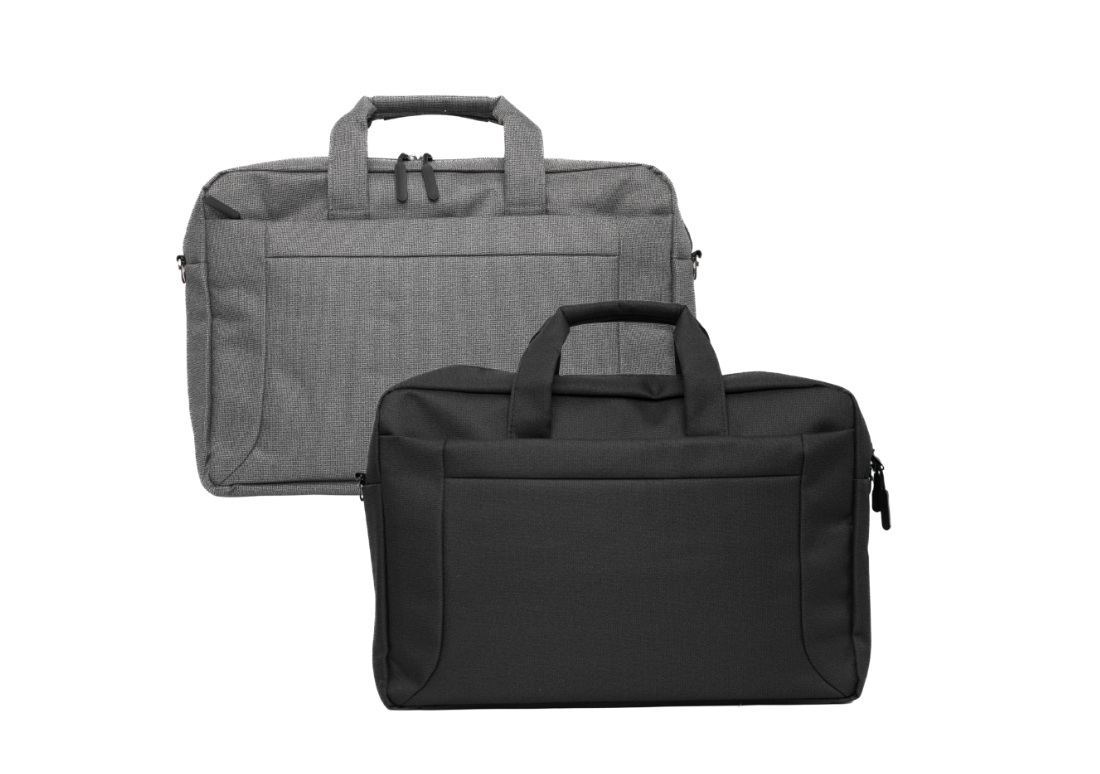 Laptop
Laptop Satchels
Satchels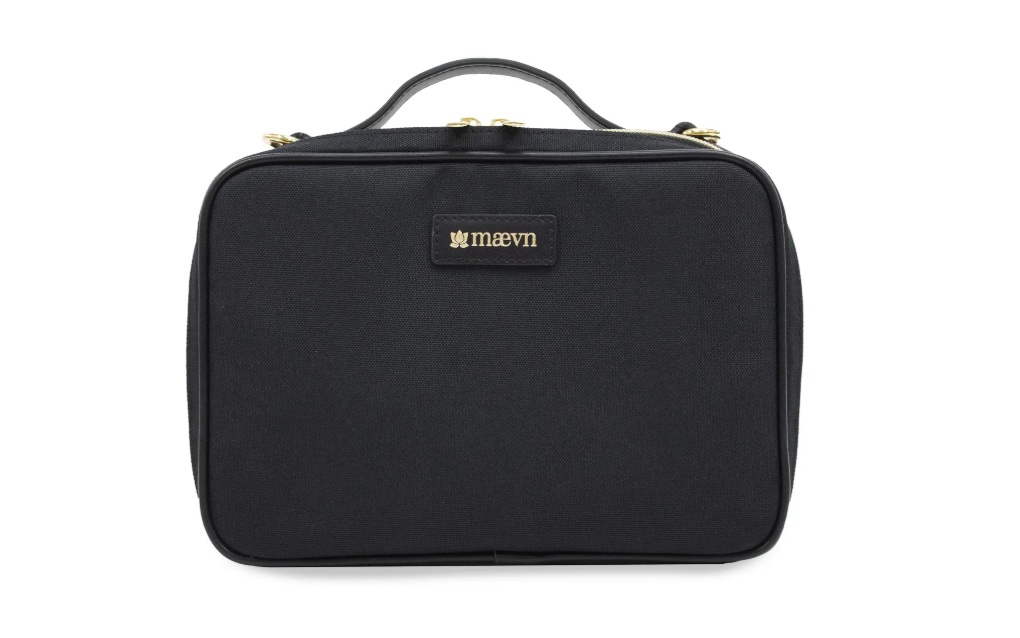 Specialised Bags
Specialised Bags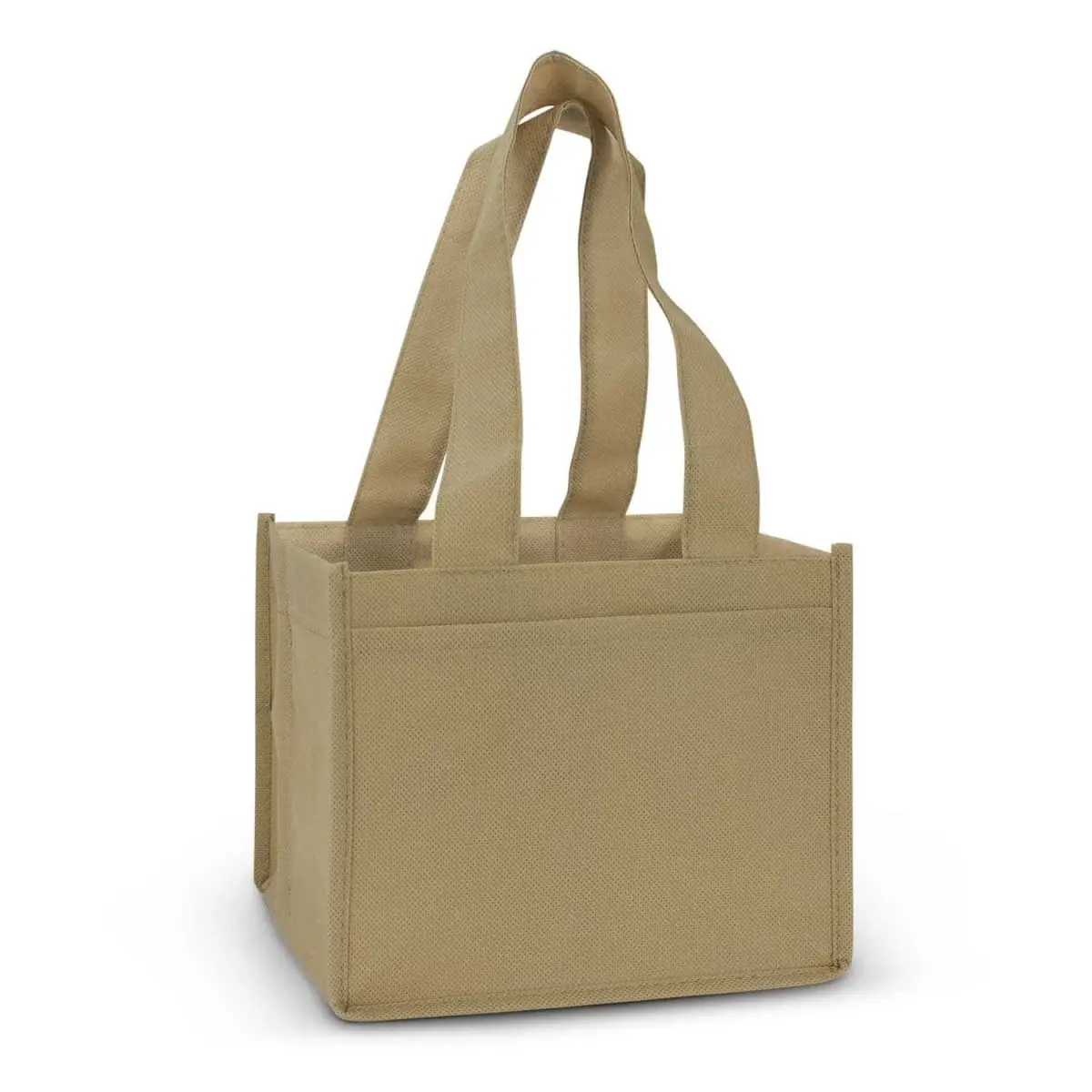 Tote Bags
Tote Bags


 Beanies
Beanies Caps
Caps Straw Hats
Straw Hats




 Bottled Water
Bottled Water Drinkware Gift Sets
Drinkware Gift Sets Glass & Poly Cups
Glass & Poly Cups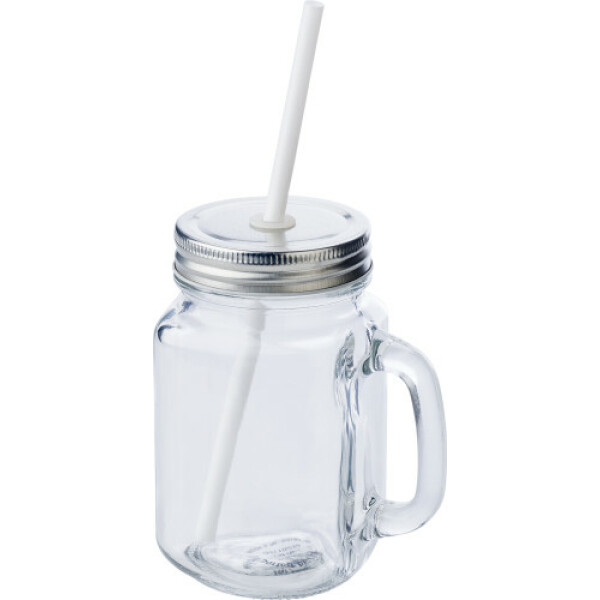 Mason Jars
Mason Jars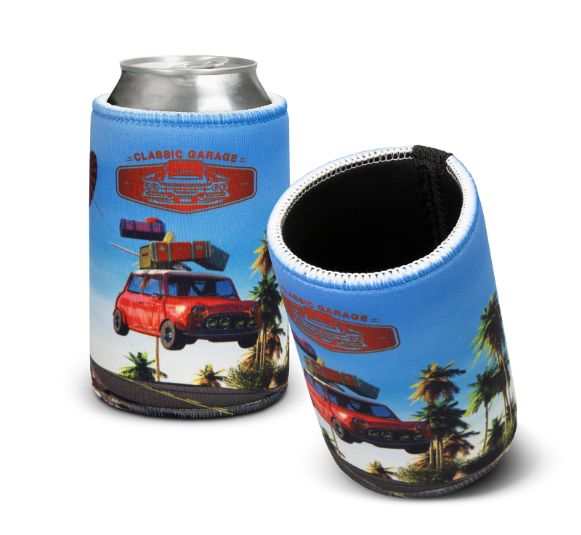 Stubby | Bar & Drinkware
Stubby | Bar & Drinkware Wines
Wines




 Business Card Holders
Business Card Holders IT Gift Sets
IT Gift Sets Tech Computers
Tech Computers




 Beach Towels
Beach Towels Car Accessories
Car Accessories Golf
Golf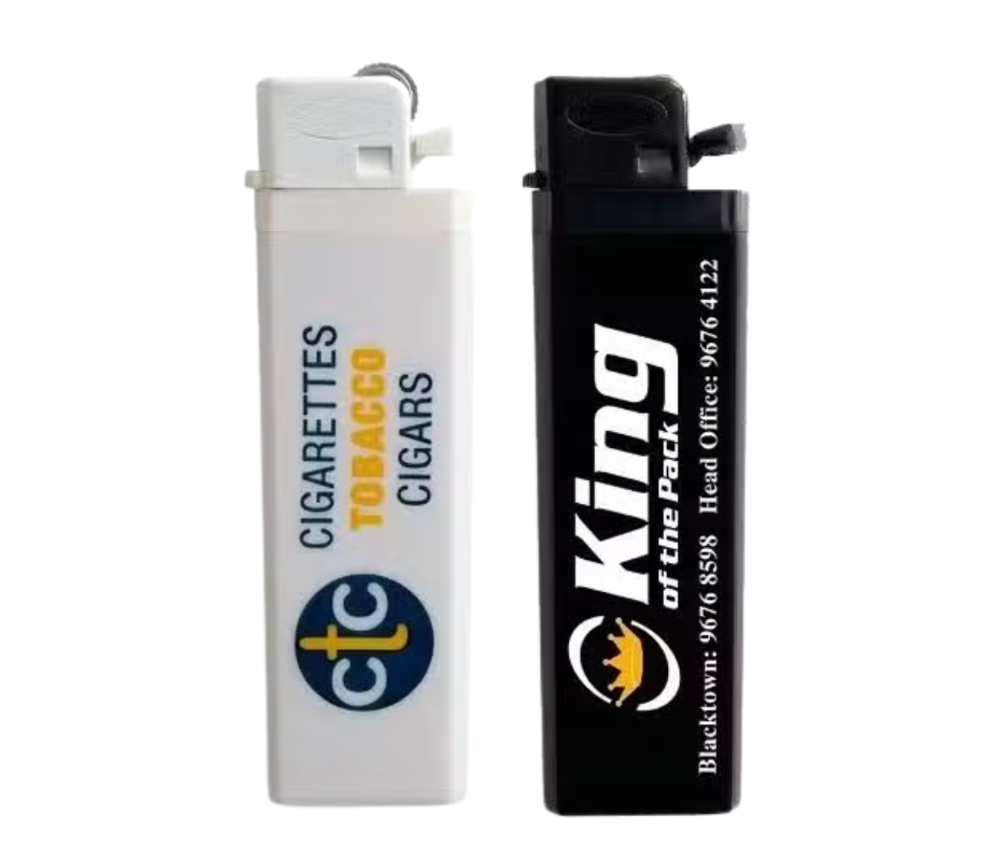 Lighters
Lighters Picnic Gear
Picnic Gear Sports Items
Sports Items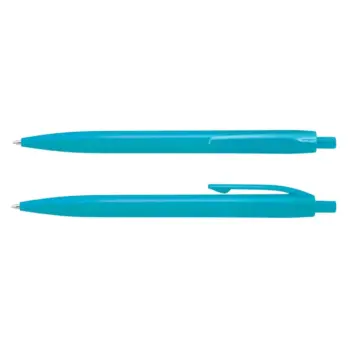




 Markers
Markers Post-It & Sticky Notes
Post-It & Sticky Notes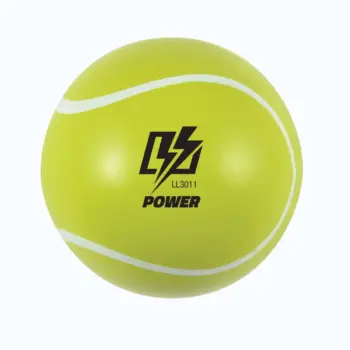



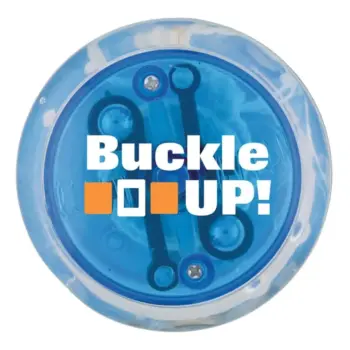
 Card Decks
Card Decks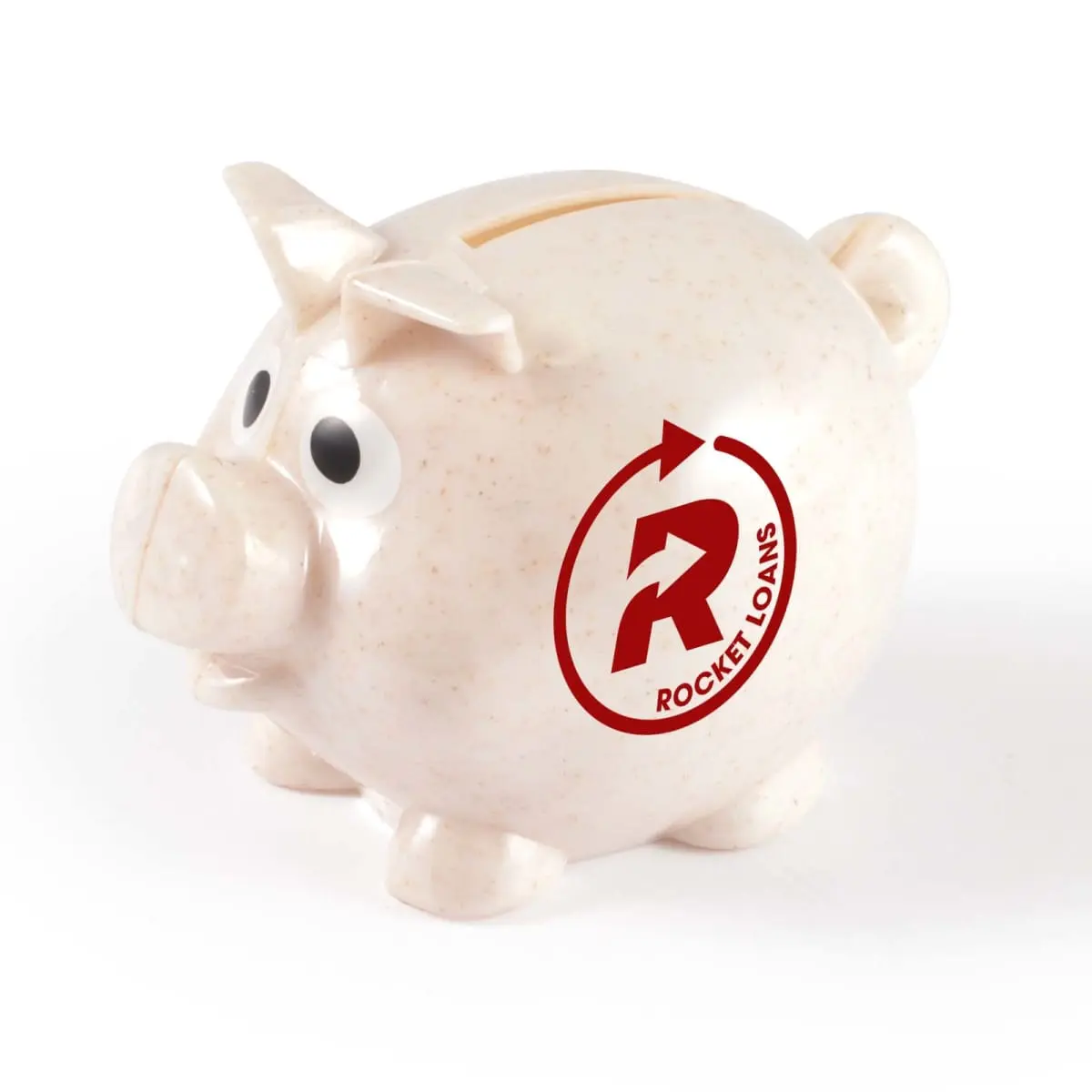 Coin Banks
Coin Banks Conference Toys
Conference Toys Event Toys
Event Toys Frisbees
Frisbees Games & Puzzles
Games & Puzzles Kids
Kids Plush Toys
Plush Toys

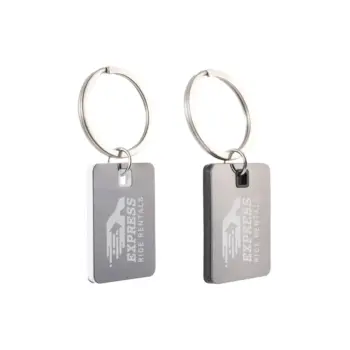


 Print | Signage
Print | Signage

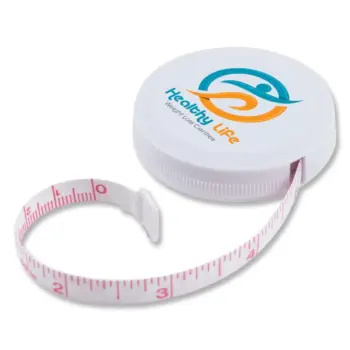

 Antibacterial
Antibacterial Eco Products
Eco Products Gift Box Sets
Gift Box Sets Homeware
Homeware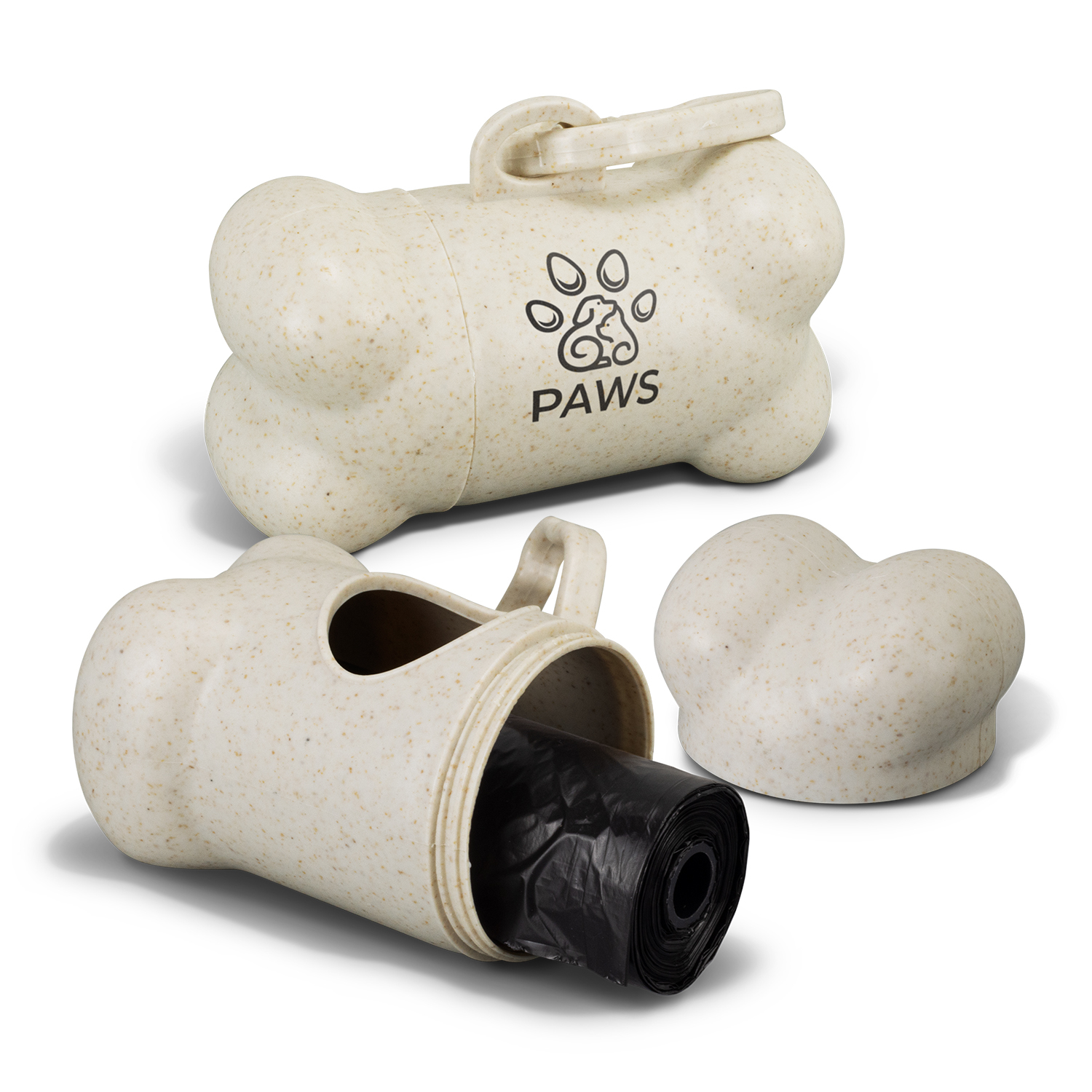 Pet Products
Pet Products Personal Care
Personal Care Occasion Ideas
Occasion Ideas